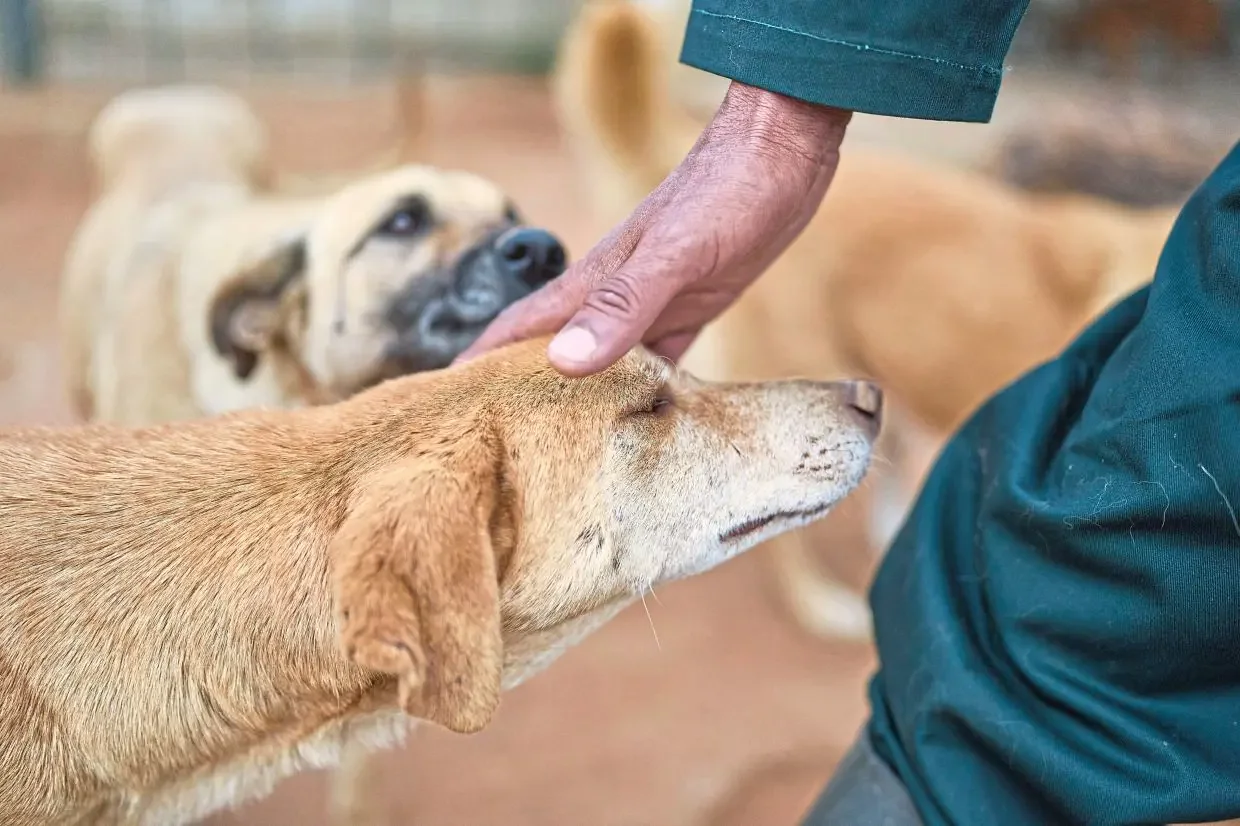Morocco’s New Animal Welfare Law vs. FIFA-Driven Practices: A Call for Humane Alignment
As Morocco prepares to co-host the 2030 FIFA World Cup, a disturbing contradiction has emerged. A newly proposed law promises fines and jail time for harming stray animals, yet videos and eyewitness accounts from August 2025 show sterilized, tagged dogs being poisoned and shot in the streets. This raises a difficult question: how can Morocco’s commitment to animal welfare be reconciled with the continued reports of cruelty on the ground?
The Law: A Step Toward Compassion?
In July 2025, Morocco’s Council of Government approved Bill 19.25, a draft law aimed at protecting stray animals. The bill proposes:
• Fines of up to US$1,500 (MAD 15,000–20,000):
Individuals found guilty of harming, torturing, or killing stray animals may face steep financial penalties. The law aims to deter cruelty by treating animal abuse as a serious offense, not a minor infraction.
• Jail terms of up to 3–6 months:
Depending on the severity of the abuse, violators may be sentenced to prison. This marks a significant shift in Morocco’s legal stance, elevating animal protection to a matter of criminal accountability.
• Regulation of shelters and TNVR programs:
The bill introduces licensing requirements and annual inspections for shelters. It also formalizes TNVR (Trap-Neuter-Vaccinate-Release) as the preferred method for managing stray populations, emphasizing non-lethal, humane control.
• Penalties for unauthorized feeding or sheltering of strays:
Citizens who feed or house stray animals in public spaces without municipal approval may face fines ranging from MAD 1,500 to 3,000 (US$150–300). While intended to prevent unmanaged colonies, this provision has sparked concern among animal advocates who fear it may discourage compassion.
The law is currently under parliamentary review, and officials claim it reflects Morocco’s commitment to humane animal management.
The Reality: Killings Continue
Despite the bill’s promises, new reports from August 2025 reveal that mass killings of stray dogs continue:
• The Straits Times and Taipei Times confirm that dogs with ear tags—indicating they’ve been sterilized and vaccinated—are being poisoned with strychnine or shot.
• A resident of Tangiers told reporters: “I heard her cry before I saw her die… That dog had its ear tagged.”
• Videos circulating online show dogs collapsing in public spaces, some dragged away by municipal workers.
FIFA, Tourism, and Ethical Hypocrisy
Animal welfare groups say the killings are part of a campaign to “clean up” Morocco’s streets before the World Cup. Officials deny this, insisting they support TNVR. Yet the evidence suggests a disconnect between national policy and local enforcement.
• In June, an activist interrupted a FIFA match with a sign: “Morocco: stop shooting dogs and cats.”
• The Brigitte Bardot Foundation has called on FIFA to block Morocco from hosting the tournament.
Call to Action
Moroccan authorities are now required to uphold the principles outlined in Bill 19.25, ensuring that all municipalities comply with humane, non-lethal methods of stray animal management. Enforcement must be:
• Transparent, with clear oversight of local practices
• Consistent, across urban and rural regions
• Aligned with TNVR protocols, as mandated by national policy
As international scrutiny grows ahead of the 2030 FIFA World Cup, Morocco has a legal and ethical obligation to demonstrate that its commitment to animal welfare is not just legislative—but lived. FIFA, too, must ensure that host nations meet basic standards of compassion and accountability.



